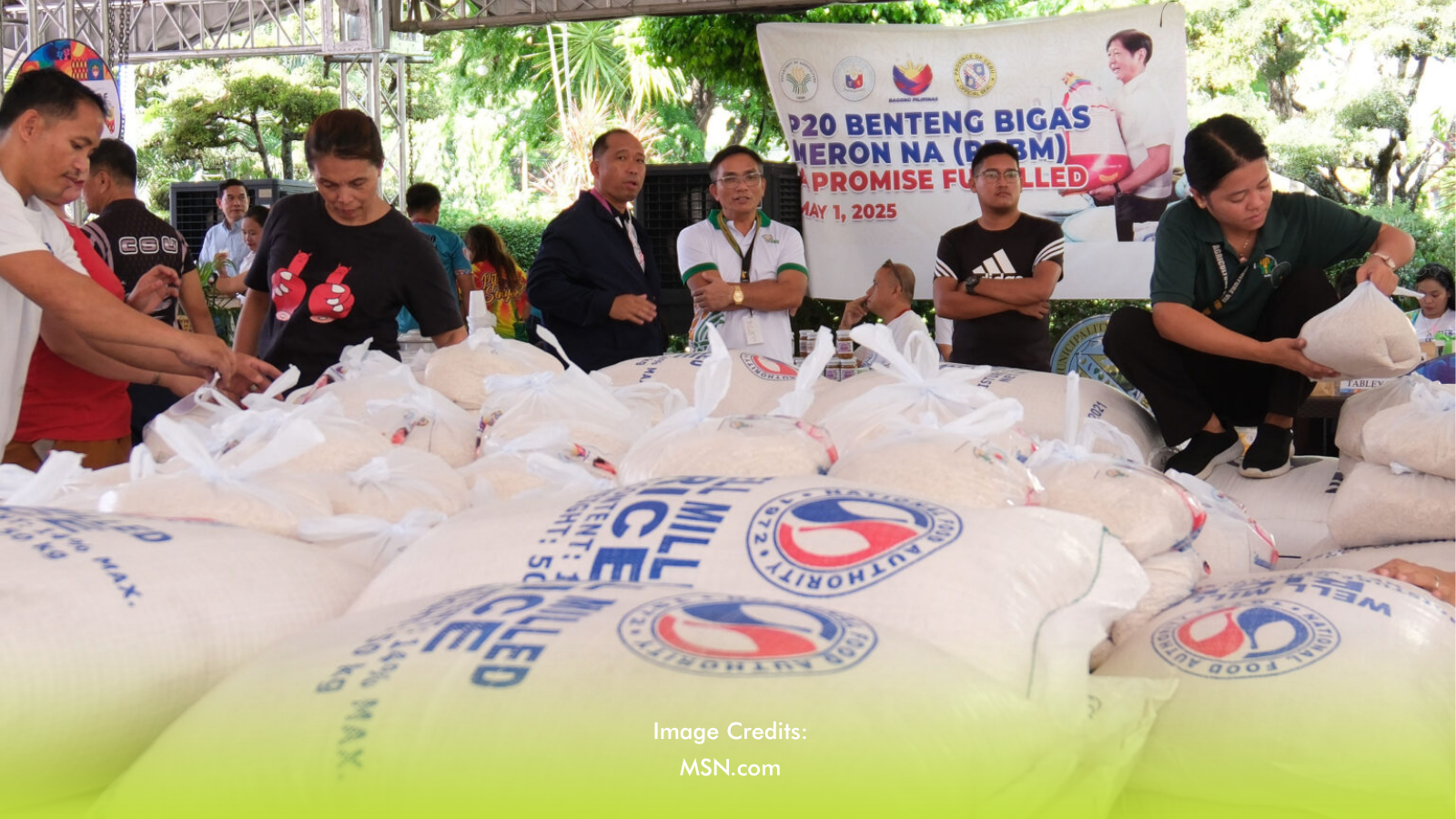In a major step toward food affordability, the provincial government of Negros Occidental has officially launched its P20 per kilo rice program. Backed by an initial P10 million allocation, the initiative aims to provide affordable rice to low-income families and ease the impact of inflation on household budgets.
The program begins its rollout this weekend in Pulupandan town, with at least 10,000 kilos of rice prepared for sale. Governor Eugenio Jose Lacson emphasized that the initiative is both a social welfare measure and an economic support mechanism for local farmers.
Affordable Rice for Vulnerable Sectors
The P20 rice initiative is targeted at helping the most vulnerable residents of Negros Occidental, including indigent families, senior citizens, and minimum-wage earners. To ensure the rice reaches its intended beneficiaries, buyers will need to present proof of residency and identification before purchase.
“This is a strategic effort not only to help our communities but also to provide stable demand for our farmers’ produce,” said Governor Lacson.
The provincial government is working with local rice farmers and cooperatives to supply the rice, thereby promoting local agricultural sustainability while addressing food insecurity.
Pulupandan was chosen as the pilot site for its preparedness and coordination with the provincial government. If the launch proves successful, the program is expected to expand to other cities and municipalities in the province.
Supporting Local Agriculture and Managing Costs
Beyond addressing food affordability, the program is also designed to bolster the local agricultural economy. By sourcing rice directly from Negros Occidental farmers, the initiative creates a stable market for local produce and ensures that the benefits extend beyond consumers.
The current market price for rice in the province ranges from P50 to P55 per kilo, making this program a significant relief for families struggling with rising living costs. Residents have welcomed the move, calling it a much-needed “lifeline.”
Implications for Food Policy and Local Governance
If successful, the P20 rice initiative could serve as a model for other local governments seeking to address food insecurity and inflation. It may also put pressure on national policymakers to consider similar subsidies or support systems. Additionally, the program’s reliance on local agriculture strengthens the case for more region-based solutions to nationwide food supply challenges.






